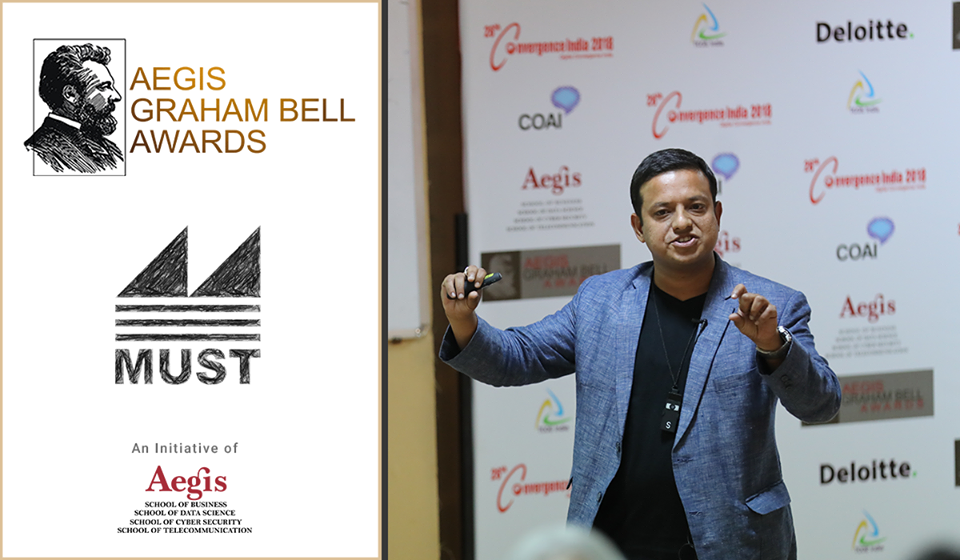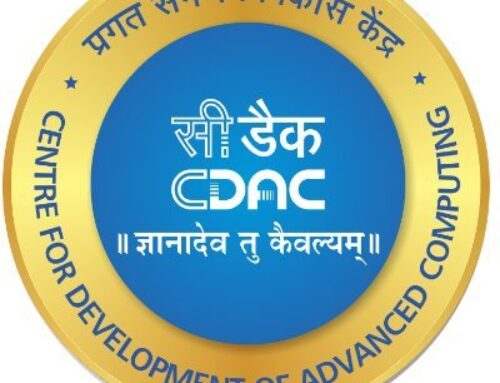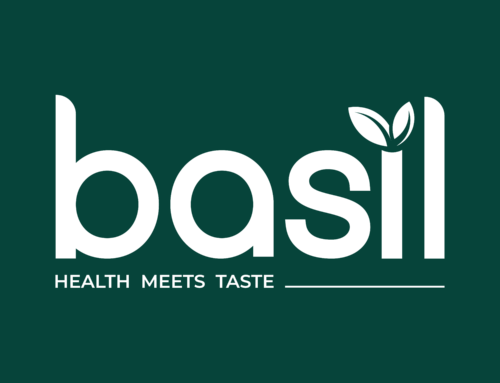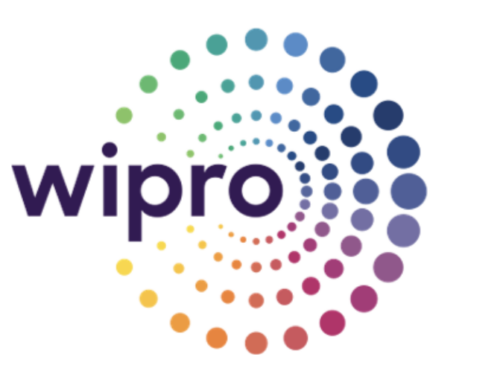Mumbai 17, 2017: Data Science has become a buzzword these days as it’s an emerging field. But still we have a shortage in the number of data scientist in India. There are many institutes coming up with courses in data science to improve on the number. Many industries are revolutionizing solutions and projects in the field of data science.
In the same manner, MUST Research Club has presented a unique innovation “Project J+O=Y: Solving Cognitive Problems with Input as Digital Text, Image, Speech and Sensor Data” at the Aegis Graham Bell Award Jury Round under the “Data Science” category. A set of cognitive systems is implemented and demonstrated as the project J+O=Y. The most exciting feature is the fundamental research on cutting-edge technologies like artificial intelligence, machine learning, natural language processing, text analytics, image processing, computer vision, audio signal processing, speech technology, embedded systems, internet of things etc. A computer-based question-answer system that can understand an arithmetic or algebraic problem stated in natural language and provide an answer or solution in real-time. Analyzing a data interpretation question with table or chart using natural language processing methods and extracting information from the question and mapping the extracted information into mathematical relations to understand the question. A system which can solve visual puzzles like sudoku, maze or finding differences using computer vision and pattern recognition, which extracts feature from the clicked images of newspaper cutting, identify relevant information like digits for sudoku, solves the puzzles automatically. A cognitive robot which responds to voice command where user can ask to introduce, know time, listen to jokes and song, ask to walk along and solve puzzles, and is internet controlled connected to cloud via wireless module enabling user to operate the system. Cognitive computing makes a new class of problems computable. These systems differ from current computing applications in that they move beyond tabulating and calculating based on pre-configured rules and programs. They can infer and even reason based on broad objectives. Project J+O=Y deciphers how computer thinks and make AI easier with the principles like: AI must be designed to assist humanity; AI must be transparent; AI must maximize efficiencies without destroying the dignity of people; AI must be designed for intelligent privacy; AI must have algorithmic accountability; AI must guard against bias. The innovativeness of J+O=Y is mainly for the features like “Adaptive”: They MUST learn as information changes, and as goals and requirements evolve. They MUST resolve ambiguity and tolerate unpredictability. They MUST be engineered to feed on dynamic data in real time; “Interactive”: They MUST interact easily with users so that those users can define their needs comfortably. They MUST interact with other processors, devices, services, as well as with people; “Iterative and Stateful”: They MUST aid in defining a problem by asking questions or finding additional source input if a problem statement is ambiguous or incomplete; “Contextual”: They MUST understand, identify, and extract contextual elements such as meaning, syntax, time, location, appropriate domain, regulation, user profile, process, task and goal.
“The event was nicely organized by Aegis members and we were overwhelmed when met the students, faculty members and other participants. All the jury members really liked our innovative project J+O=Y, which we are doing for the society and absolutely not for profit. All the members of MUST Research Club are volunteer and really contributing a lot and working hard to make these things happen. This concept itself is innovative in the data science space – commented by the judges! The approach what we took to for the reverse engineering and taking artificial intelligence in the grass-root level for the benefit of the mankind – was really appreciated by all the jury members and senior leaders of Aegis. We are really excited to know the final results!” – Mr Joy Mustafi, Founder & President, MUST Research Club.
About MUST Research Club:
MUST Research Club is dedicated to promote excellence and competence in the field of cognitive computing, data science and advanced analytics for the benefit of the society. MUST aims to promote research and development in cognitive informatics in India and across the globe. MUST is to enable interaction between academic institutes and industries, help them in resolving problems, as well make them aware of latest developments in the cognitive era to provide solution, guidance or training, organize lectures, seminars and workshop, collaborate on scientific programs and societal missions.
About us:
The Aegis Graham Bell Award is the largest innovation award for the ICT domain in India. The Aegis School of Business, Data Science, Cyber Security and Telecommunication has established the Aegis Graham Bell Award as a tribute to the father of the telephony, Alexander Graham Bell. This Award is intended to promote innovation, entrepreneurship in the field of Telecom, Social, Mobility, Analytics, Cloud, and Security to provide recognition for outstanding contributions by the innovators. The Award is organized with support of the Cellular Operators Association of India (COAI), and Telecom Centres of Excellence (TCOE), Convergence India and Deloitte as a knowledge partner.
The 8th Award ceremony will take place on 23th February 2018 at New Delhi. For further information, please visit: www.bellaward.com
For more information, please contact:
Shweta Chavan | Corporate Communication | Aegis Graham Bell Awards | 8433969263 | shweta@bellaward.com







